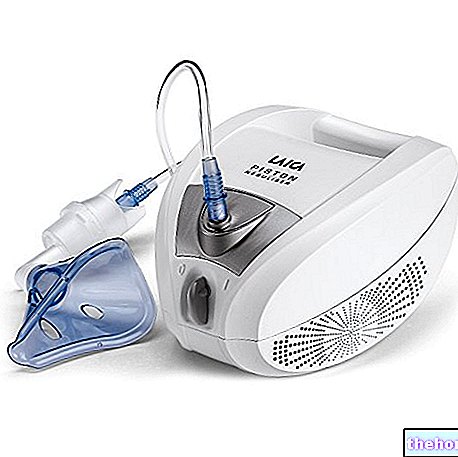
Bacterial pneumonia is the most feared form of pneumonia, as it can lead to life-threatening complications.
Among the bacteria that cause bacterial pneumonia, the following stand out: Streptococcus pneumoniae, Staphylococcus aureus, Haemophilus influenzae, Moraxella catarrhalis, Pseudomonas aeruginosa, Klebsiella pneumoniae, Escherichia coli, plus a whole series of pathogens defined as atypical.
Typical symptoms of bacterial pneumonia are: phlegm producing cough, exertional dyspnea, high fever, chills, and noisy breathing.
For the diagnosis of bacterial pneumonia, the following are essential: a report of symptoms, anamnesis, physical examination, chest x-ray and laboratory analysis of blood and sputum.
An infection such as bacterial pneumonia requires the use of causal therapy, based on antibiotics, and symptomatic and supportive therapy, based on rest, hydration and the use of antipyretics and painkillers.




























